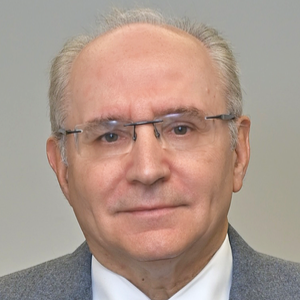All too often when I am reviewing the requirements for Medicaid Nursing Home eligibility and an asset protection plan with a client their immediate reaction is the same – they are never going to a nursing home and I need not waste any time discussing it. Fortunately, for many of my clients that may be true. For an equally large percentage, however, it is not.
Realistically there is no way of predicting with any degree of certainty who will need to enter a nursing home and who will not. However, one thing appears to be certain, a great majority of seniors would prefer to remain at home and receive care at home rather than in a nursing home.
The Medicaid Home Care program (also known as Community Medicaid) provides a solution for many Medicaid eligible seniors. Medicaid home care is often a viable solution for a Medicaid eligible senior because there are currently no penalty periods imposed by Medicaid for the home care program if a senior transfers (gifts) his or her assets. That being said, New York has passed a look-back period of thirty months or 2.5 years for community Medicaid back in 2020. This penalty period has not yet been implemented but is anticipated to be implemented in 2025 or 2026. The assets transferred for eligibility for Home Care Medicaid, however, would not be subject to the five-year look back period, and would only create a period of ineligibility for nursing home Medicaid.
Additionally, if the applicant for Medicaid home care is married, the couple can transfer all assets into the name of the non-applicant spouse. The non-applicant spouse can then execute a “spousal refusal,” which would allow the applicant spouse to become eligible for the Medicaid home care program. It is important to note that Medicaid does have a right to seek reimbursement from the refusing spouse, but only in the amount that Medicaid paid out, which can be less than what a consumer would pay privately for services. Additionally, if a single individual applies for Medicaid home care and has monthly income in excess of the amount permitted by Medicaid, he or she can transfer his or her excess income to an approved “pooled trust.” The pooled trust will, in turn, be permitted to reimburse the applicant for many of his or her expenses from the excess income he or she contributed.
If the applicant for Medicaid home care is single and does not have a spouse or blind, disabled or minor child residing with him or her, the applicant will be subject to a 2024 home equity cap of $1,071,000 on the net equity value.
In order to receive home care services, the applicant’s health and safety must be able to be maintained in the home. The applicant’s conditions must be “stable” (not expected to suddenly deteriorate or improve), and not require skilled professional care. The assistance in the home must be needed “to prevent a health or safety crisis” from developing.
The number of hours the home care program will provide depends on the needs of the applicant and his or her ability to do activities of daily living (walking, dressing, bathing, toileting, etc.). Medicaid will also look to assistance available from his or her spouse and/or others residing in the home.
In conclusion, the Medicaid home care program provides in many instances an excellent and viable alternative to private pay care and/or a Nursing Home if the client is eligible.
















